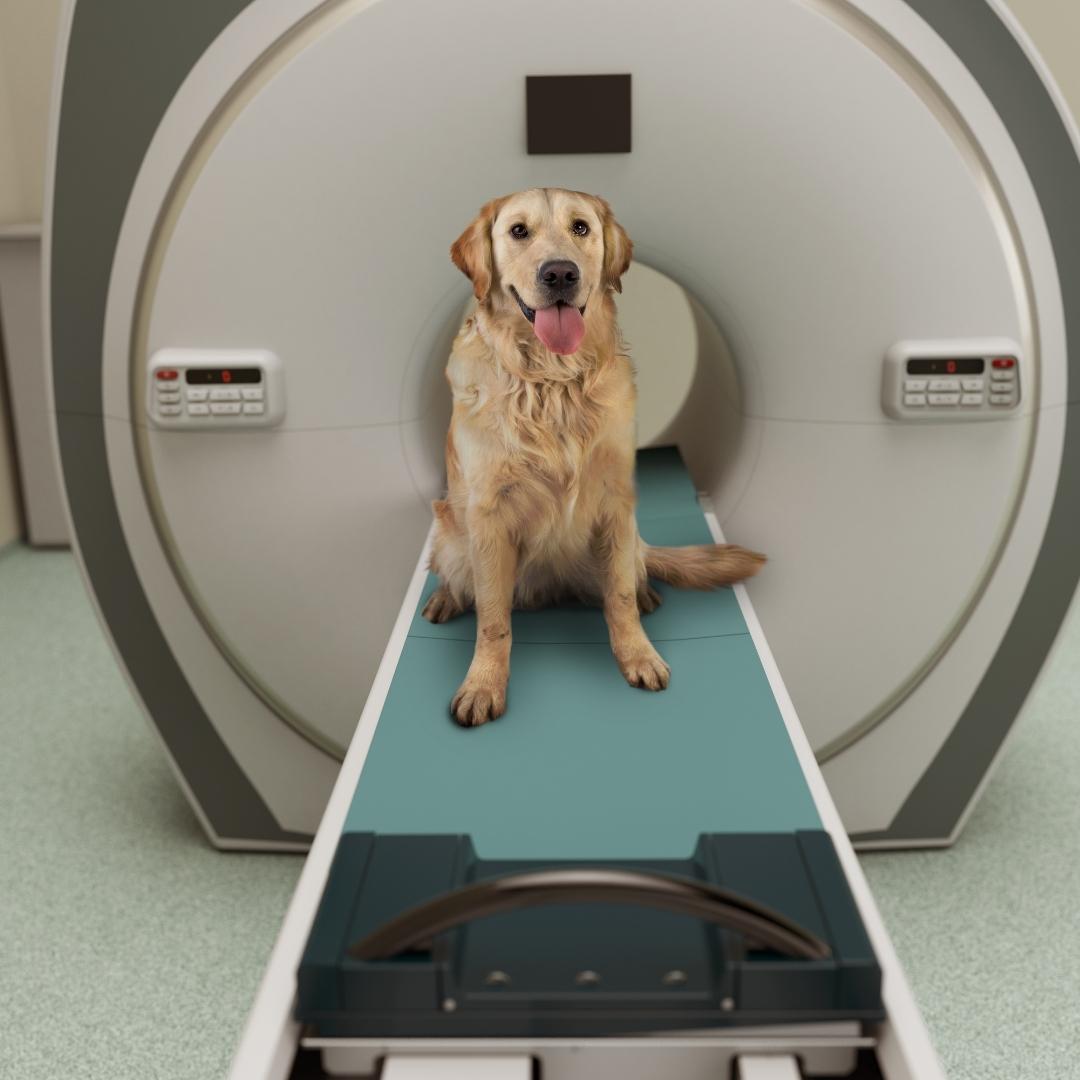Paper published: Approach to initial management of canine generalised epileptic seizures in primary‐care veterinary practices in the United Kingdom

The latest paper using data collected by SASNET has been published in the Journal of Small Animal Practice. Led by colleagues in practice, this project investigated how primary care clinicians in the UK approach initial management of canine generalised epileptic seizures, including factors potentially associated with prescription and choice of anti-seizure drugs (ASDs).
Electronic health records concerning 3,150,713 consultations (917,373 dogs) were collected from 224 veterinary practices by the Small Animal Veterinary Surveillance Network. Free-text clinical narratives were reviewed to identify those consistent with generalised epileptic seizure activity, including only those recording the first presentation for seizures. Dogs older than 6 years were excluded.
- Five hundred and seventeen cases were included.
- Sixty-seven dogs (13.0%) received anti-seizure drugs at first presentation; this was significantly more likely in dogs presented with cluster seizures (CS) (odds ratio 13.8, 95% confidence interval 7.3 to 26.1).
- Phenobarbital (n=36) and imepitoin (n=29) were the most frequently chosen anti-seizure drugs.
- Presentation for a single epileptic seizure occurred in 321 dogs; seven were prescribed anti-seizure drugs. Eighty-six dogs were presented with cluster seizures; 38 were prescribed anti-seizure drugs, most frequently imepitoin (n= 19) and phenobarbital (n=17).
- Of the dogs presenting with a single seizure and at least 6-month follow-up (n=165), 33 (20%) did not have subsequent seizures recorded.
- Primary care clinicians rarely prescribed anti-seizure drugs following a single epileptic seizure in accordance with International Veterinary Epilepsy Task Force recommendations. Less than half of dogs initially presenting with cluster seizures were prescribed anti-seizure drugs. Imepitoin was frequently selected in the treatment of cluster seizures despite no authorisation for this purpose. These findings may ultimately contribute to improved cohesion in the management of canine epileptic seizures between primary care and referral institutions.
Read the full paper here
See the research infographic here